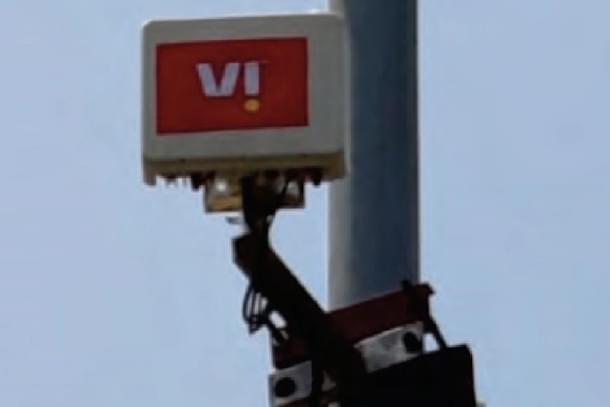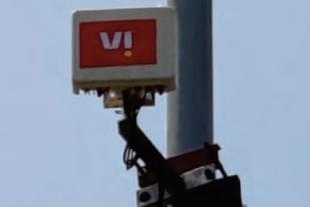Tech
TRAI Suggests Norms For Use Of Street Furniture Such As Electricity Poles, Bus Shelters For Installing 5G Equipment
Swarajya Staff
Nov 30, 2022, 11:10 AM | Updated 11:10 AM IST
Save & read from anywhere!
Bookmark stories for easy access on any device or the Swarajya app.


TRAI on Tuesday (29 November) released its recommendations on use of street furnitures such as electric poles, bus stops and traffic lights for installing small equipment for 5G services.
The telecom regulator has also asked the government to do away with the requirement of obtaining permit for installation of small telecom gears.
TRAI had in March this year issued a Consultation paper on “Use of Street Furniture for Small Cell and Aerial Fiber Deployment” to seek inputs from stakeholders.
With the objectives of developing cross sectoral framework which promotes sharing of street furniture infrastructure among various central, state and municipal authorities to develop state of the art 5G network, TRAI had simultaneously initiated pilots at Bhopal Smart City, GMR International Airport New Delhi, Deendayal Port Kandla and Namma Metro Bengaluru on use of street furniture for Small Cells and aerial fiber deployment.
Based on the consultations process and learning from these pilots, TRAI has prepared its comprehensive recommendations to the Government on conducive regulatory and policy framework to ensure successful and rapid rollout of small cells and optical fiber using street furniture in all smart cities, other cities and towns, ports, airports, metro rails, Industrial parks, and estates etc.
In its report released on Tuesday, TRAI has suggested to the Department of Telecom (DoT) to exempt Low Power Base Transceiver Stations (LPBTS) with effective radiation power of less than 600 watt from seeking clearance under mobile tower roll out rules as well.
''The authority recommends that the DoT clarification dated October 26, 2022 on Indian Telegraph RoW rules 2016 regarding the term 'street furniture', should be made part of the Indian Telegraph RoW rules through a suitable amendment in a relevant Gazette Notification,'' TRAI said.
The use of high-frequency spectrum bands for 5G covers a very small area compared to 2G, 3G, and 4G networks. This calls for the need to install small cell equipment for densifying networks and cover signal gaps.
Small cells provide coverage only for a very short distance and therefore they are installed in a dense or hyper dense manner, which can be even more than 200 per square kilometre for good network coverage for high-capacity broadband.
Due to its lower level of radiation, small cells require less stringent security and installation practices so it is easy to install and operate.
The small cells can be mounted on any existing street furniture like poles, bus stands, traffic lights, buildings, etc.
Use of already available street furniture like poles etc., for mounting 5G small cells can obviate the need for erecting thousands of new towers resulting in economical and fast deployment of small cells, TRAI said.
TRAI has recommended that LPBTS should be exempted from seeking any kind of permission from any authority except from the owner of the street furniture, building at all places.
The regulator has recommended that DoT should make necessary provisions in the GatiShakti Sanchar Portal to incorporate bulk application filing and processing for all categories of small cells.
The regulator has suggested that the power distribution company (discoms) should make provisions to provide connections for telecom sites to service providers on priority basis and they should charge telecom operators on the basis of the running load and not on the sanctioned load.
''Telecom sites should be provided electricity connection under utility/industrial tariff. Smart pre-paid electricity meters should be installed in all existing telecom installations on priority and in a time bound manner. Also on all new installations, including that for small cells, discoms should only install smart prepaid electric meters,'' TRAI recommended.
The regulator said that all discoms should treat street furniture addresses as commercial addresses for the purpose of providing a power connection and allow multiple power connections at the same street furniture commercial address to different commercial entities.
TRAI has proposed setting up a broadband steering committee, state broadband committee and district or municipal monitoring committee to evaluate and assess the progress of small cell roll-out.
''The representation of the broadband steering committee should be expanded to co-opt other ministries or departments like civil aviation, defence, ports, shipping and waterways, power etc as per requirement,'' TRAI said.
(With inputs from PTI)





